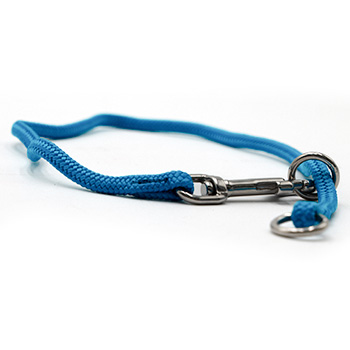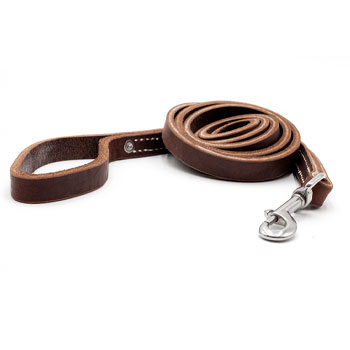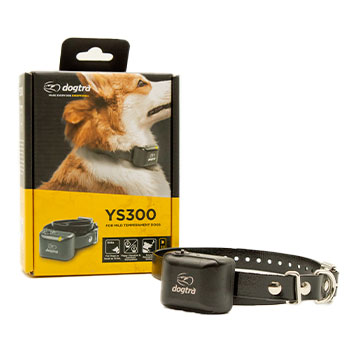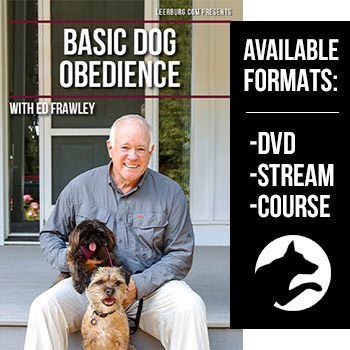March 11, 2014
My husband and I will be training a lab puppy to do therapy work. How and when do we introduce our dog to non-handler human interaction in a way that does not undermine your engagement and socialization training?
Full Question:
Hi,My husband and I will be training a yellow lab puppy (later this year) to ultimately do therapy dog work. We've been educating ourselves about proper training techniques through your videos, articles and Q&As, as well as with service dog trainers and materials.
My question is this: You stress the importance of engagement work while socializing a puppy and young dog. The dog should view other people as "furniture," as you've said. This makes perfect sense to us.
However, if we ultimately want our dog to be completely comfortable interacting with patients during therapy dog work, how and when do we introduce our dog to (non-handler) human interaction in a way that does not undermine your engagement and socialization training?
Thanks so much for your time.

 Ed's Answer:
Ed's Answer:
I am impressed with your question. It is a great one.
We would socialize this puppy exactly like we explain in the article I wrote on How to Socialize Your Puppy.
This is extremely important for an outgoing puppy that wants to meet and greet everyone it sees. Our goal would be to work engagement to the point where we can put engagement on CUE. Then we would teach the puppy to ask permission to greet strangers and interact with them. This is a simple thing to do if you train with markers.
So, do the work in the three training videos we have done with Michael Ellis, they are your foundation:
The Power of Training Dogs with Food
The Power of Playing Tug with Your Dog
Advanced Concepts in Motivation
The end goal is teaching the dog to engage and give focus on cue and then to understand what a RELEASE is to go and do what it wants. No part of this work involves corrections, unless you would consider not offering a reward as a correction and some of the P3 trainers see it as that.
Regards,
Ed Frawley
We would socialize this puppy exactly like we explain in the article I wrote on How to Socialize Your Puppy.
This is extremely important for an outgoing puppy that wants to meet and greet everyone it sees. Our goal would be to work engagement to the point where we can put engagement on CUE. Then we would teach the puppy to ask permission to greet strangers and interact with them. This is a simple thing to do if you train with markers.
So, do the work in the three training videos we have done with Michael Ellis, they are your foundation:
The Power of Training Dogs with Food
The Power of Playing Tug with Your Dog
Advanced Concepts in Motivation
The end goal is teaching the dog to engage and give focus on cue and then to understand what a RELEASE is to go and do what it wants. No part of this work involves corrections, unless you would consider not offering a reward as a correction and some of the P3 trainers see it as that.
Regards,
Ed Frawley
98% (49 out of 50)
respondents found this answer helpful

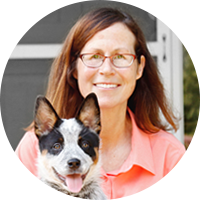
Can't find what you're looking for?



